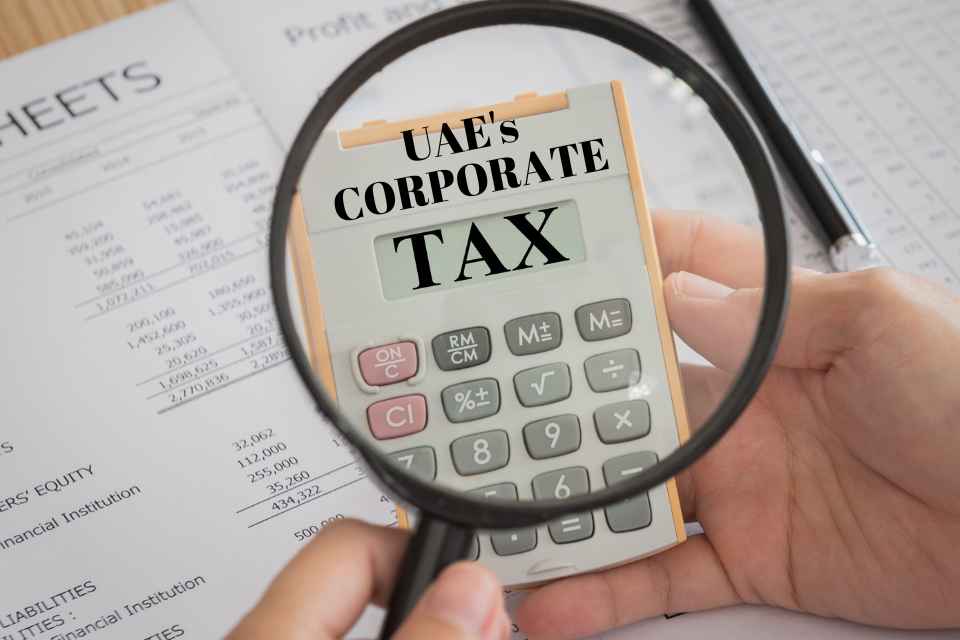The United Arab Emirates (UAE) is widely considered a tax-friendly jurisdiction with no corporate tax for most businesses. Recently, however, developments indicate a major change to this policy as the UAE government plans to implement corporate taxation. We investigate potential implications and the impact this transition might have on businesses and industries in this article.
Understanding the Need for Change
The UAE’s decision to introduce corporate tax is motivated by multiple reasons. Firstly, diversifying revenue sources while decreasing oil dependence. Secondarily, its introduction is seen as part of its long-term plan toward becoming a more mature and sustainable economy. By understanding these drivers of change, businesses can better comprehend the motivations behind transitioning.
Analyzing the Impact on Businesses and Industries
The introduction of corporate tax in the UAE will undoubtedly have far-reaching ramifications for businesses and industries operating within its borders and will vary based on factors like company size, sector, and profitability. SME owners might experience difficulty adapting their financial structures while multinational corporations must reevaluate global tax strategies – through industries like real estate finance tourism will experience various degrees of change and adjustment.
Navigating Tax Planning and Compliance
In preparation for corporate tax implementation, businesses will need to prioritize tax planning and compliance in order to ensure a seamless transition. They should familiarize themselves with new tax regulations, and assess any financial statement implications of restructuring opportunities as well as transfer pricing transactions or tax optimization strategies in order to remain compliant and optimize tax positions.
Examining the Economic and Competitive Landscape
Corporate tax may alter UAE’s attractiveness as an investment destination and its overall competitiveness, with its absence being seen as an advantage in attracting foreign direct investment (FDI). But its implementation raises questions regarding its future appeal as a business hub. By carefully considering all relevant factors, businesses can better gauge any implications to their operations and make informed decisions for themselves.
Unlocking Opportunities for Local Economy and Infrastructure
Corporate tax revenue has the power to revitalize local infrastructure development and promote economic expansion. The UAE government can use these funds strategically to invest in public services, healthcare, education, and innovation – strengthening overall business environments, diversifying economies, and increasing the long-term sustainability of countries like the UAE.
Strategies for Business Optimization
Businesses operating in the UAE will need to adapt their strategies in order to best take advantage of the new corporate tax framework. Businesses should proactively assess their structures and investigate tax optimization, incentives, and exemption opportunities; this may involve restructuring business models, revisiting supply chains, and employing available tax planning strategies in order to lessen its impact.
Considerations for Foreign Investors
The transition to corporate tax will change the UAE’s appeal to foreign investors, who must assess whether to establish the presence or reallocate resources to other jurisdictions based on potential implications posed by taxation and profitability implications. Knowing about available incentives will assist foreign companies when making informed decisions regarding investments made here.
Conclusion:
The UAE’s transition to corporate tax marks an unprecedented shift in its tax policy and can have far-reaching ramifications for businesses and industries across its economy. By comprehending its motivations and potential effects, businesses can better adapt their strategies in response to this regime change and capitalize on any benefits this policy change may offer them. Achieving smooth implementation can ultimately create more sustainable economies across its borders.


